USA
The United Nations says peacekeeping is having to adapt faster amid rising political tensions, disinformation, and confusion over mandates.
Speaking to ambassadors in the Security Council, its head of peace operations added that ceasefires are growing more fragile and conflicts increasingly unpredictable.
“Today’s operating environment is increasingly dynamic and often characterised by hybrid threats that blur the boundaries among domains,” said Jean-Pierre Lacroix, the UN’s Under-Secretary-General for Peace Operations.
“In this context, ceasefire monitoring can no longer be just about being present. It is about rapidly understanding and acting on what is happening on the ground.”
Lacroix said advances in technology help the “blue helmets” increase their impact by allowing them to monitor vast and complex landscapes in near-real time.
This, he said, overcomes the need to be physically on the ground.
He added that a political process backed by the unified support of Member States, particularly the Security Council, remains vital to secure and sustain peace.
Another challenge is the rise of misinformation and disinformation, which undermines the credibility of UN peacekeepers and fuels local distrust.
But he said that ultimately, the success of any ceasefire remains the sole responsibility of the parties to the agreement.




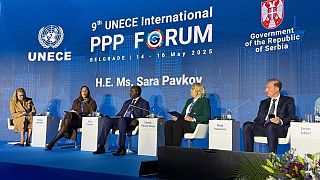
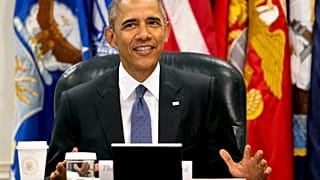
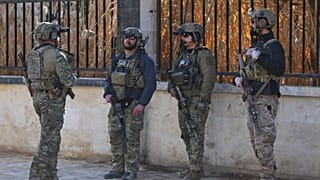

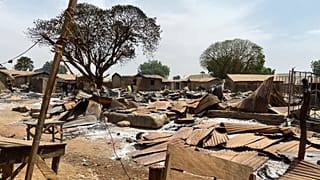
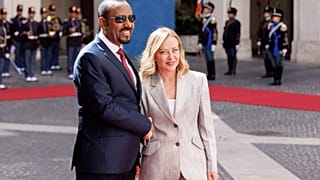
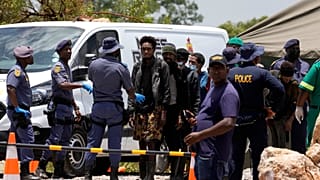
01:01
African Union holds summit: is it ignoring the real issues?
01:03
Goma residence not optimistic about peace as MONUSCO chief visits
00:59
Egyptian troops take part in training ahead of AU deployment in Somalia
01:29
United Nations wants 'security guarantees' to monitor DR Congo ceasefire
00:51
South Africa to withdraw troops from UN mission in DR Congo
02:09
Kagame criticises international "threats" against Rwanda as US sanctions loom